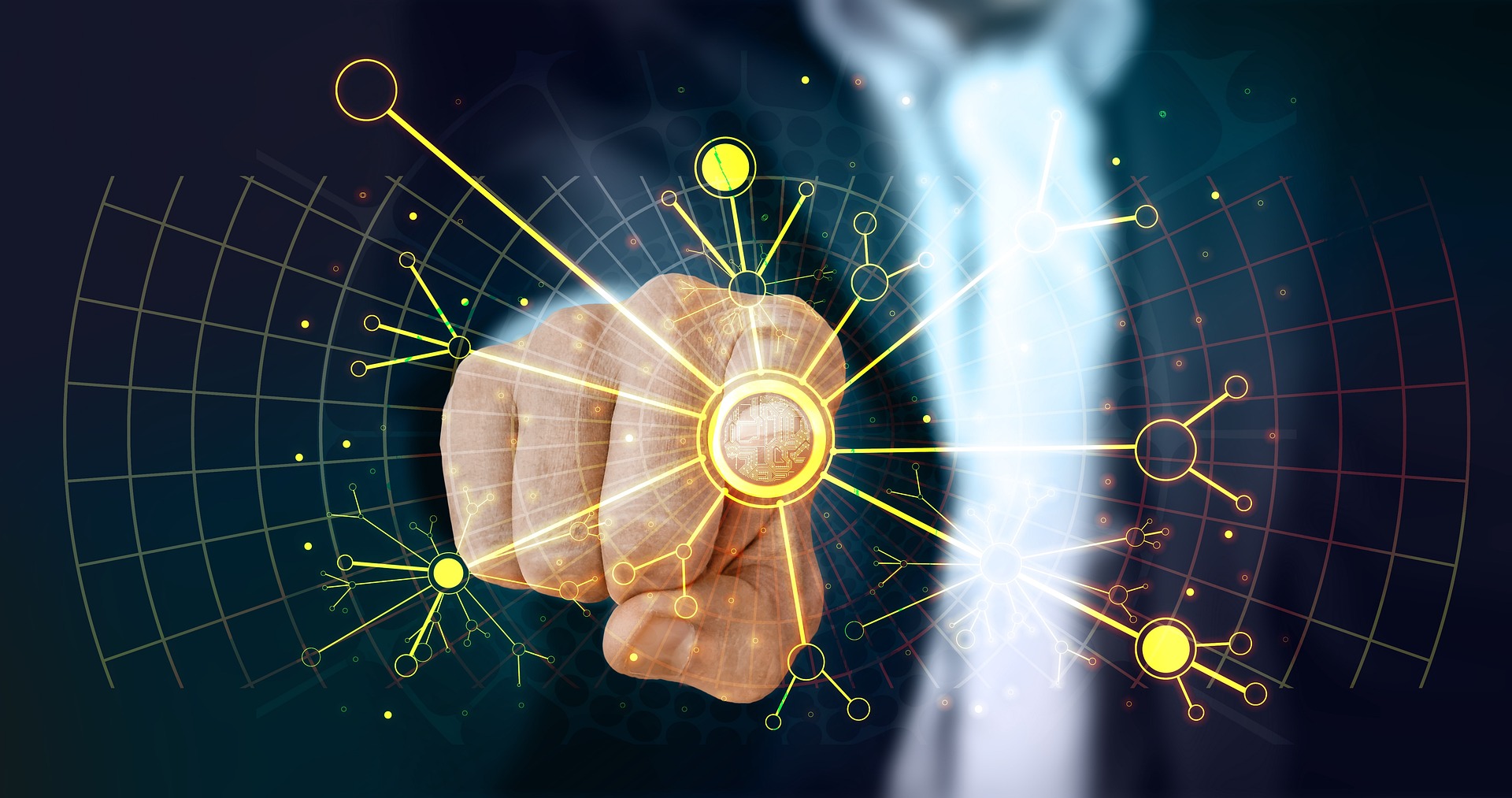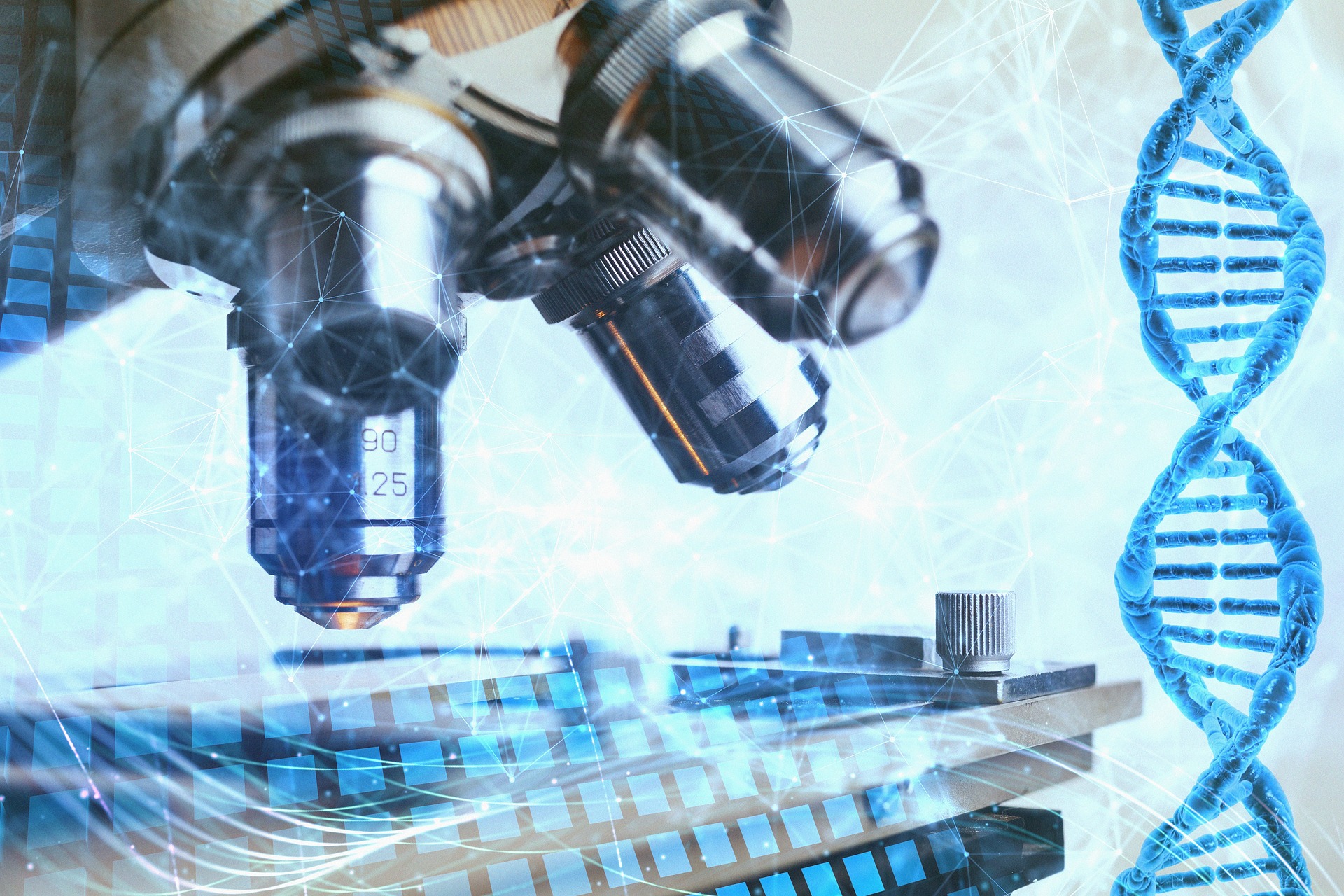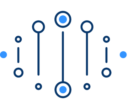Artificial intelligence (AI) has rapidly become an integral part of biotechnology and the healthcare industry as a whole. From drug discovery to personalized medicine, AI has the potential to revolutionize the way we approach healthcare and biotechnology.
One of the most significant areas where AI has made an impact is in drug discovery. The traditional drug development process is time-consuming and costly, with a high rate of failure. AI has the ability to analyze vast amounts of data and identify patterns that may not be immediately apparent to humans, making the process of drug discovery more efficient and effective. For example, Isomorphic Laboratories, an AI-driven biotech company, is using its AI-first approach to tackle biopharma research and serve as a commercial partner to drugmakers. The company aims to understand how drugs will react within the body, with the ultimate goal of finding new and more effective treatments.
One recent development in the use of AI in biotechnology is the success of DeepMind’s AlphaFold2 in accurately predicting the 3D structure of proteins. This has significant implications for drug development, as a better understanding of protein structure can lead to the creation of more targeted and effective medications.
AI is also being used in the development of personalized medicine. Instead of designing drugs for an entire group, personalized medicine involves creating treatments that are tailored to an individual’s specific needs. AI can analyze an individual’s metabolism and genetic makeup to create drugs that are more effective with fewer side effects. This approach has the potential to greatly improve the effectiveness of treatments and reduce healthcare costs.
In addition to drug discovery and personalized medicine, AI is also being utilized in the analysis of medical images. By analyzing X-rays and other images, AI can identify patterns and abnormalities that may not be immediately visible to the human eye. This can lead to more accurate diagnoses and earlier detection of diseases.
One of the main implications of the increasing use of AI in biotechnology is the potential for more efficient and effective treatments. By analyzing large amounts of data and identifying patterns, AI can help identify new drug targets and develop personalized medicine approaches that are more effective for individual patients. In the future, we can expect to see even more developments in the use of AI in biotechnology, leading to even greater improvements in healthcare.
Looking towards the future, the integration of AI into biotechnology is likely to continue to grow and expand. One potential direction is the use of AI in the design and synthesis of new molecules for use as drugs, as well as in the optimization of manufacturing processes for biopharmaceuticals.
Overall, the incorporation of AI in biotechnology is a promising development that has the potential to greatly improve the way we approach healthcare. From drug discovery to personalized medicine, AI is changing the landscape of biotechnology and the healthcare industry as a whole. As AI continues to advance, we can expect to see even more transformative developments in the field, paving the way for a better future for all.






